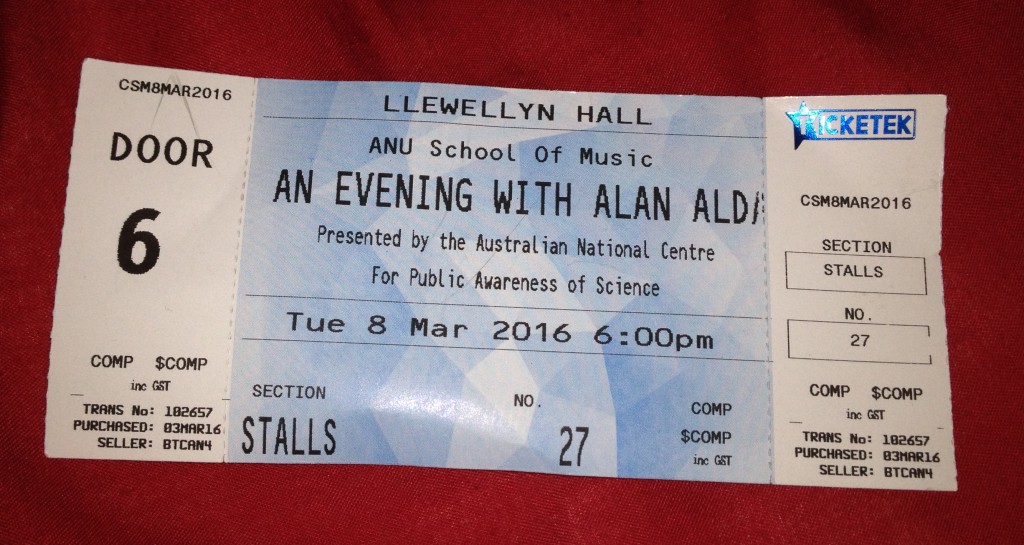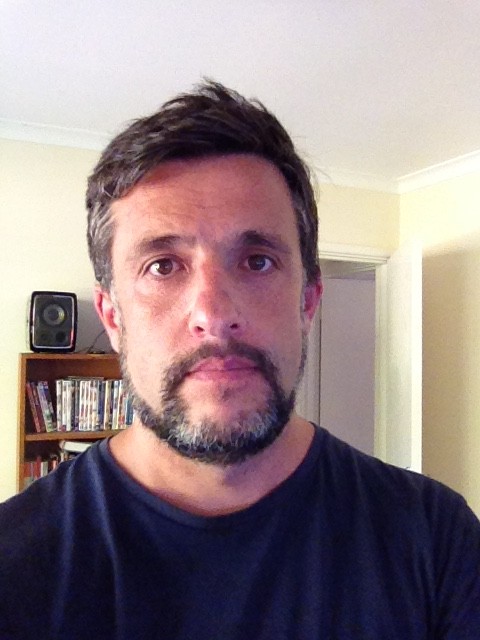This is a substantial and comprehensive paper that takes us on a journey from the late 19th century to the modern age. Nisbet explores the place of research in education and how it has shifted in focus and character over time in response to the needs and demands of stakeholders.
Nisbet broadly identifies three key shifts in the role of the researcher in education – “from academic theorist in phase 1, through expert consultant in phase 2, to reflective practitioner in phase 3.” Clearly these can never be absolutist descriptions as there are always going to be a range of types of research occurring at any time but they do still offer an interesting insight into the ways that cultural norms and trends have led research. He also rightly wonders whether “the growing acceptance of research in education… may have had the effect of restricting its scope”
Rather than focusing here on the entirety of this overview, I’ll look more at some of the key ideas. (I’m very much still at the point of needing to better understand the nature of formal research in education and I heartily recommend this paper if you’re interested in the context of this but a blog post will do it no justice)
Early educational research had a highly psychological and quantitative bent
The concept of educational research which was established was experimental, primarily psychological, involving measurement, seeking solutions to the educational problems of the day, and this interpretation monopolised educational research for the first half of the century
Edouarde Claparede delved into some interesting questions in the field of cognition in Experimental Pedagogy and the Psychology of the Child (1911), asking:
Before learning anything, it is necessary to learn how to learn (p.57)
How far are the various mental functions able to be independent of each other, or, on the other hand, how far do they reciprocally influence each other? [correlation and factor analysis] (p. 61)
When we educate a certain function, are we acting on others at the same time? [transfer of training] (p. 64)
The heavily science driven approach persisted for many decades, lead to a flourishing of standardised testing (as well as bizarre experiments where students were sprayed with a 1% solution of nerve gas to increase alertness). Some of the less radical work relating to student fatigue led to contemporary practices of limiting class times to around 40-45 minutes. Broadly however, education research was seen as an academic pursuit that was largely “out of touch with ‘real problems'”
Major shifts occurred in the 1960s when governments started to review education systems and practices and saw a need for supporting evidence for change. Researchers became more closely aligned with education departments who started to demand more of what they saw as relevant value for their money.
Relegating research to this instrumental role carries risks: trivialising, in pursuing volatile educational fashions; restrictive, in limiting research within the constraints of existing policy frameworks; potentially divisive, creating an elite group of researchers in alliance with authority; and ultimately damaging, in that it can leave the researchers wholly dependent on their powerful partner. Researchers who decline to accept this requirement, choosing an unpopular or unfashionable line of inquiry, are liable to find that they receive no grants, that their papers are not accepted by journals, or, if published, are not widely read or quoted.
Meanwhile, in the 1970s shifts in the parallel disciplines of psychology and sociology led to a move away from the long-standing quantitative methods in education and towards greater acceptance of qualitative approaches including case studies “exploring issues in more depth with relatively small numbers”. It aimed “at understanding and insight into the complexities of learning and human behaviour”.
This in turn saw a rise in Action Research and the teacher-researcher movement. Greater emphasis on reflective practices by teachers was (is) a key component of this. Other approaches also emerged.
The practice of measurement was also questioned. In-depth interviews provided a different kind of data, approaching a topic from the perspective of the interviewee rather than within a framework decided in advance by the researcher. This phenomenographic method (as it is called) has its roots in the philosophy of phenomenology, which opposes the positivism or naturalism inherent in contemporary science and technology – the standard scientific approach to knowledge by formulating hypotheses and designing experimental procedures to test these – on the grounds that this finds (or negates) only what the researcher is looking for, whereas the open-ended methods of phenomenography produce data for formulating new interpretive constructs. This approach focuses on awareness or ‘encountering’ and accepts the role of description in how we perceive situations and how we interpret or ‘understand’ them. Thus, from the interview transcripts, the researcher derives interpretive categories: for example, the way students speak about their reading and understanding leads to the categorisation of ‘deep’ and ‘surface’ learning (Entwhistle, 1981). Recognising the subjectivity involved, the interpretation is supported extensively by excerpts from the interview transcripts.
Further approaches drawn from the worlds of philosophical and sociological theory included:
Garfinkel (1967) introduced the term ‘ethnomethodology’ to describe his approach to research which explores ‘the patterns and structures discernible in societies’
(These) are not a matter of external social constraints, roles or functions imposed on hapless individuals but are produced through cultural and interpretive processes that people collaboratively use to make sense of the world and render it mutually comprehensible (Maclure, 2003, p. 188)
Arguably, much of this and other post-modern / poststructuralist approaches raise interesting and valuable questions but don’t appear to be used widely in educational research due to their lack of connection to more pressing practical questions facing educators.
This is evidenced most dramatically – and I would argue is manifested most apparently in the apparent government obsession with standardised testing and metrics – in the contemporary reality that ” evaluation and data gathering studies are more likely to attract funding than theoretical analyses which aim at insights into problems, the enlightenment function of research”. This is also clearly where the booming corporate face of education sits – the textbook publishers (Pearson, McGraw Hill etc) with their expanding range of teaching and testing products.
My thoughts and ideas
As ever, these are a little random in some ways and reflect some of the tangents that I went off on while reading this paper. Some are simply to-do items for further investigation.
Teacher reflection processes – if this is to be taken seriously as a form of professional development – need to be more tightly framed and/or led
How much research can I get my teachers to do into their practices – can we get the uni to support this? Can this become a more substantive part of their teaching professional development? Where is the carrot for this?
I need to look more deeply into the existing OLT research projects
A final quote:
But research has become part of every professional role today, and in education one task of professional development is to weave a research question into the expertise of teachers, leading them to adopt at a personal level the self-questioning approach which leads to reflection and understanding, and from there into action
This reminds me that professional development for higher ed “teachers” should be a vital avenue in my research and also makes me think about the value of reflection in a vacuum. Surely Communities of practice are a vital element of the step to action?
Claparède, E. (1911). Experimental Pedagogy and the Psychology of the Child. Longmans, Green and Company.
Entwistle, N. (1981). Styles of Learning and Teaching John Wiley UK.
2977232
{:25SQQKEC}
1
apa
50
default
560
https://www.gamerlearner.com/wp-content/plugins/zotpress/
2977232
{:77N48HPZ}
1
apa
50
default
560
https://www.gamerlearner.com/wp-content/plugins/zotpress/



